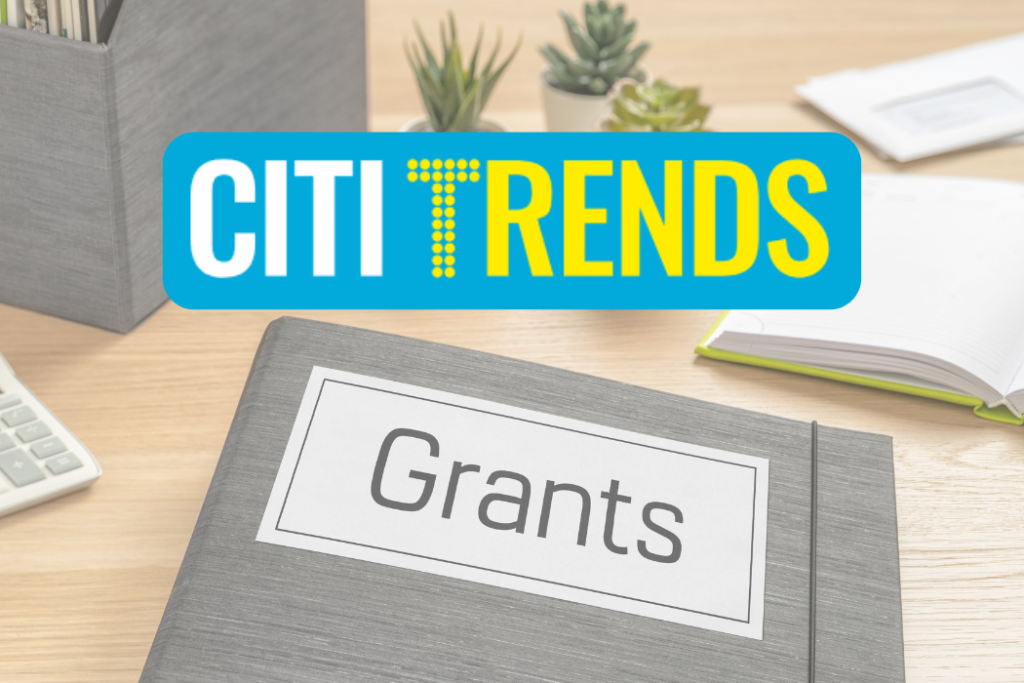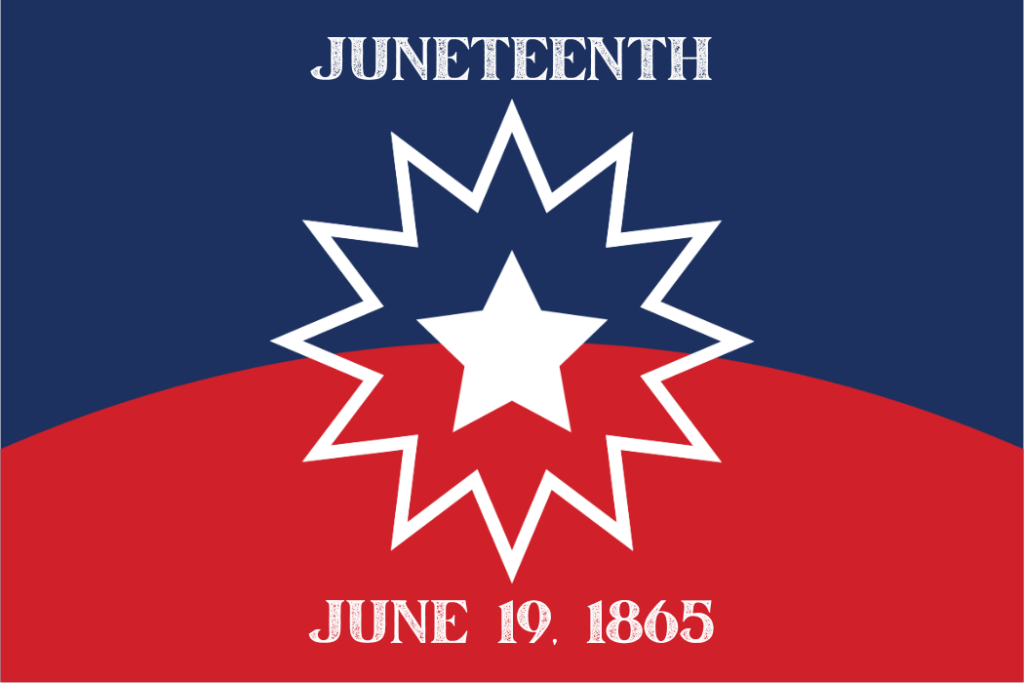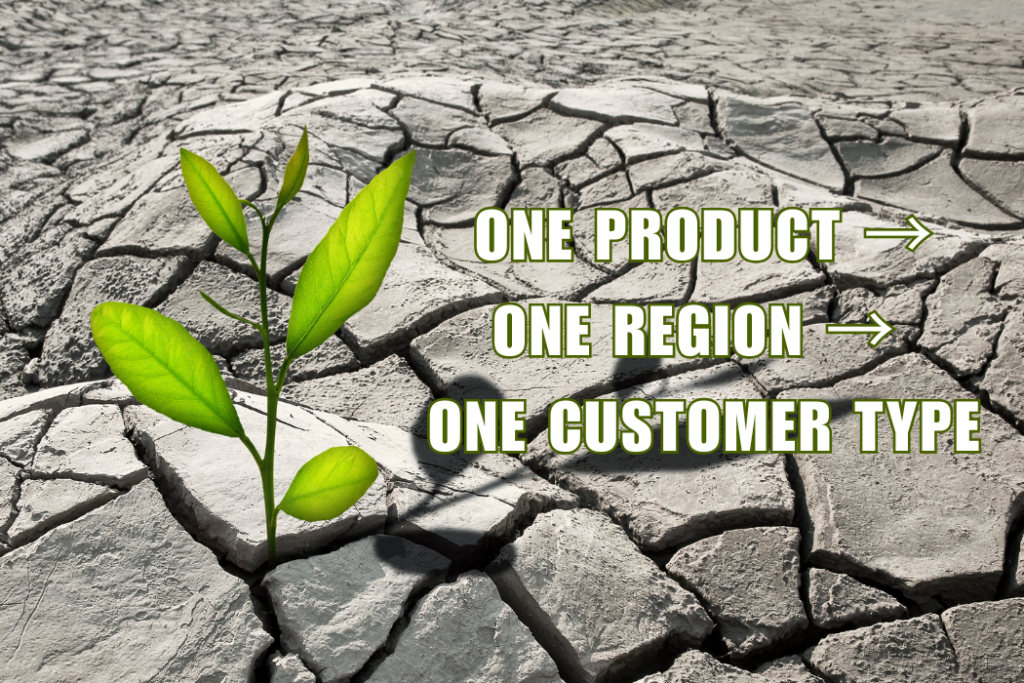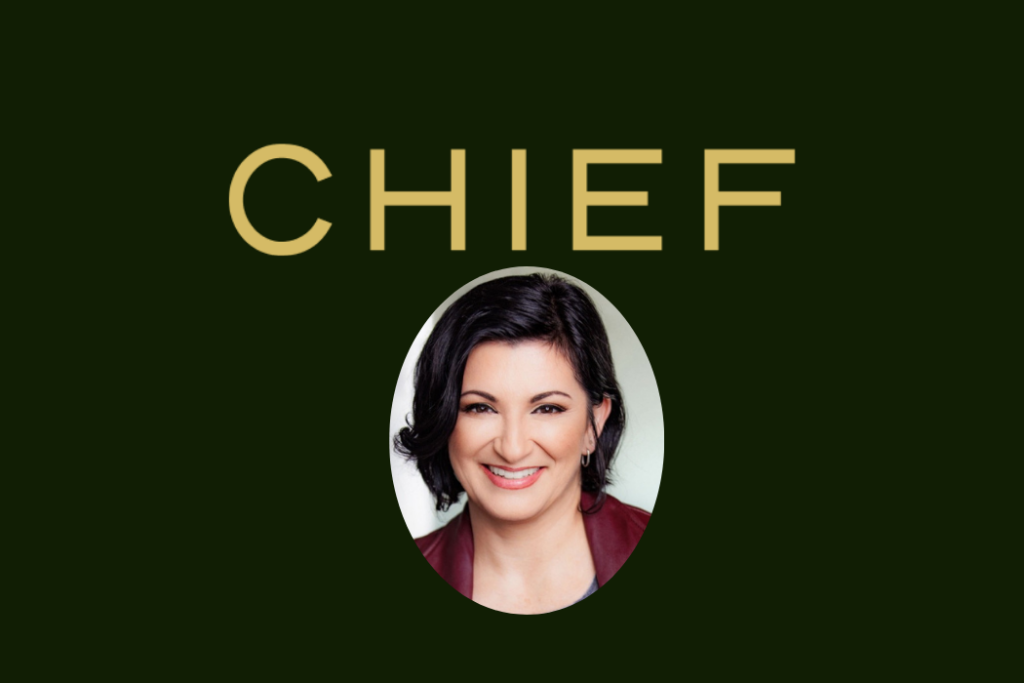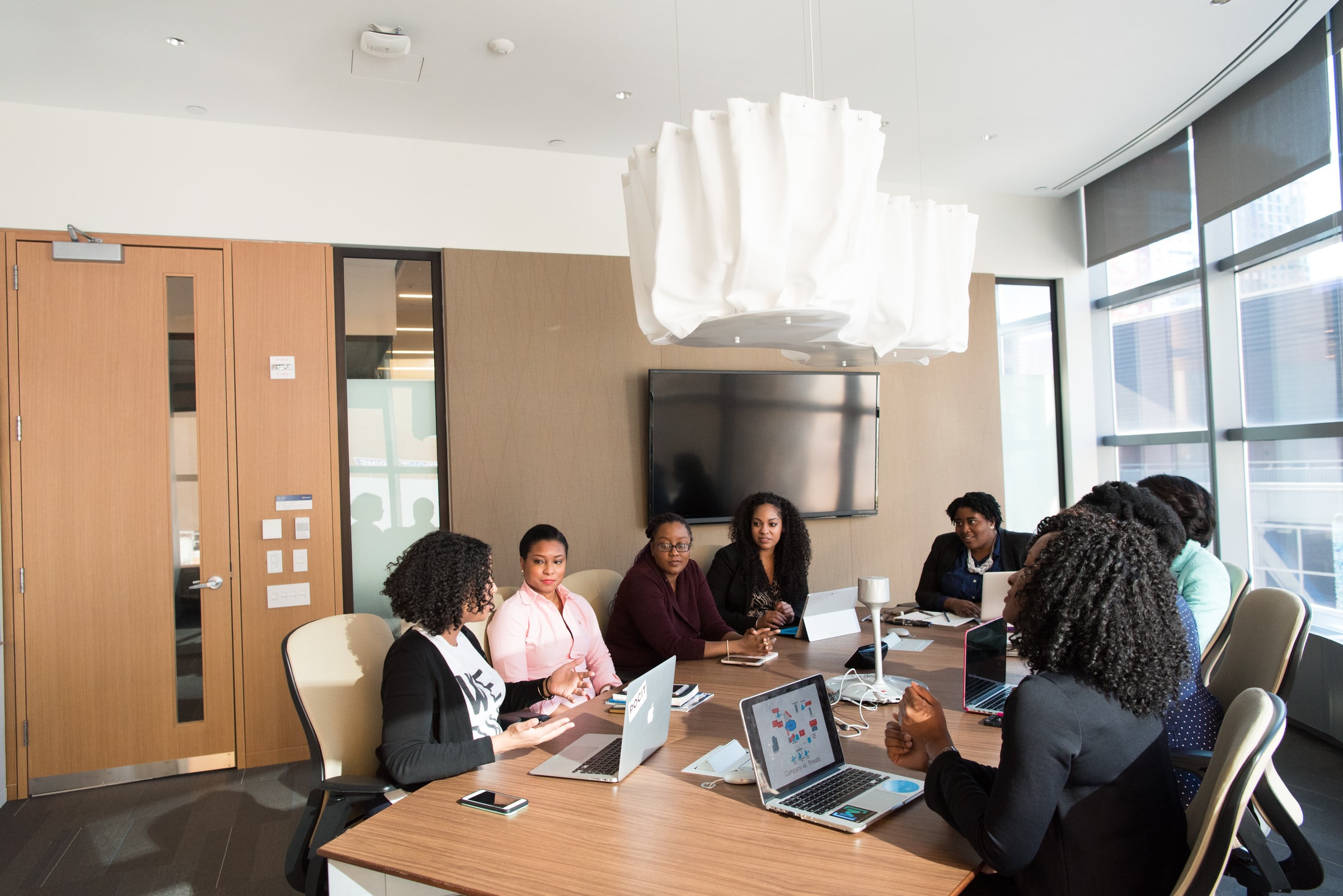
Black, Indigenous and people of color (BIPOC) led nonprofit organizations have greater technical assistance and capacity needs than those led by their White peers–and as a result are highly effective at using Catchafire to make and sustain long-lasting impact. Catchafire, a online-based platform that connects community-based organizations with highly skilled volunteers, has collected self-reported Diversity, Equity and Inclusion information from nonprofit organizations in an effort to ensure their capacity building services and network is effective in serving the unique capacity building needs of BIPOC, and particularly, Black-led organizations.
Data and findings collected over the last 12 months has strongly indicated that BIPOC-led organizations consistently rank among the top most effective nonprofit users on Catchafire–and that this utilization has been an important tool in attempts to break out of low-resource loops.
A recent report found that the COVID-19 pandemic has created large resource constraints in the nonprofit industry, including human resources (U.S. nonprofits employed 3.7 percent fewer workers than before the pandemic), as well as many high barriers to entry into traditional grantmaking institutions. In the latter, traditional funding models have a threshold for organization size, budget, and program areas to be eligible for their grantee cycles. Many small nonprofits fail to meet these requirements, and as a result, fall short in getting the funding they need. This often results in high turnover, staff members being overextended and facing burnout, and an overall difficulty in supporting the needs of their communities.
Catchafire partners with 130+ grantmakers to modernize capacity building methods for their grantees. Since 2010, they’ve connected pro bono talent with 10,000 nonprofits on more than 45,000 project collaborations such as developing a website, designing a brochure, professional development, and other areas of critical work—channeling more than $182 million of impact to the social good sector. The data collection over the last 12 months aimed to analyze:
- How do people, cause areas, and communities use Catchafire’s services differently?
- Are capacity-building needs different across racial identity groups?
- What gaps exist in who we work with and how we might address them? Who is being left out?
- How do different changemakers and volunteers of different backgrounds and identities engage with Catchafire’s platform and programming?
Finding 1: Recognizing that data alone won’t solve decades of systemic racism in the social sector, Catchafire relied on partners like the Skillman Foundation, Charlottesville Area Community Foundation, and the East Bay Community Foundation, whose leadership and focus on racial equity has played a critical role in addressing the underinvestment in the sector and supported Catchafire’s data infrastructure build. To that end, in 2021, active Black-led organizations on Catchafire increased by 22 percent compared to 2020, alongside a commitment to expand further and help level the resourcing challenge on a systems level for BIPOC leaders.
Finding 2: Systemic barriers like wealth inequality and access to education are historical determinants that have led to BIPOC-led organizations receiving fewer grants and funding to support their communities. Catchafire’s data demonstrates the correlation between underinvestment in BIPOC communities and a need for equitable access for BIPOC nonprofits. Catchafire disproportionately serves more BIPOC-led organizations, and in particular, Black-led organizations. Fifty percent of nonprofits working with Catchafire are intensely resource constrained. In 2021, those intensely resource constrained organizations have a yearly average savings of $14,834 by working with volunteer professionals on Catchafire.
One example of this is Black Women Stitch, a Black-led organization whose access to Catchafire is sponsored by the Charlottesville Area Community Foundation. Their core program is offering a sewing group for Black women in Charlottesville where they discuss social justice, Black liberation, and radical self love. Since November 2020, Black Women Stitch has completed 163 projects with volunteers on Catchafire, resulting in a savings of $503,436 in services that they would otherwise not have had access to given a lack of funding from traditional grantmaking approaches.
Finding 3: In the United States, only 25 percent of all nonprofit Executive Directors are BIPOC. Data indicates 58 percent of nonprofits on the Catchafire platform have BIPOC leadership and 30 percent are exclusively Black-led. The data also shows BIPOC-led organizations across the US have fewer staff and lower budgets than their peers. Black-led organizations and BIPOC-run organizations also tend to be younger than nonprofits led by their White peers.
Class Act Detroit is a Black-led organization that has also become a Catchafire beneficiary, saving over $115,000 in services on 35 projects –allowing them to focus and carry out their mission of serving youth in Detroit. Executive Director of Class Act Detroit, Rashard Dobbins, says, “Many students, especially students in underserved and underfunded communities like here in Detroit, they didn’t have access to the tools and the resources that they’ve needed to learn from home, so partnering with volunteers who’ve helped our students regain confidence in school and learn about the unique career opportunities available to the–we’re very blessed.”
Catchafire and its network of volunteer professionals provide unique value to BIPOC-run and heavily resource constrained organizations. By partnering with Catchafire, grantmaking institutions can break down silos and traditional methods of funding. Partnering with Catchafire provides grantmakers an innovative and flexible approach to widening the net of inclusion for grantees and creating equitable access to talent and resources so that communities can get the support they need.



